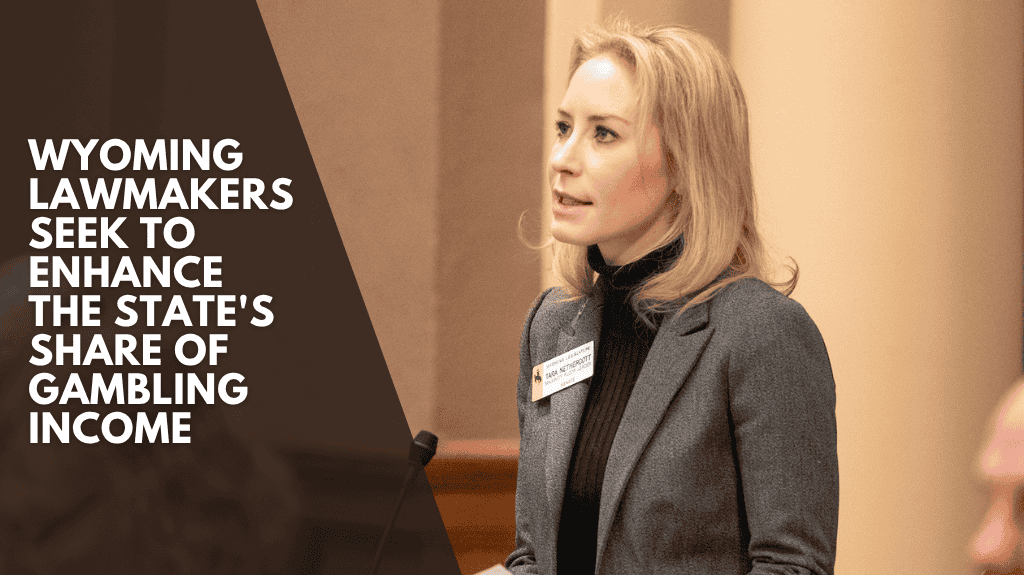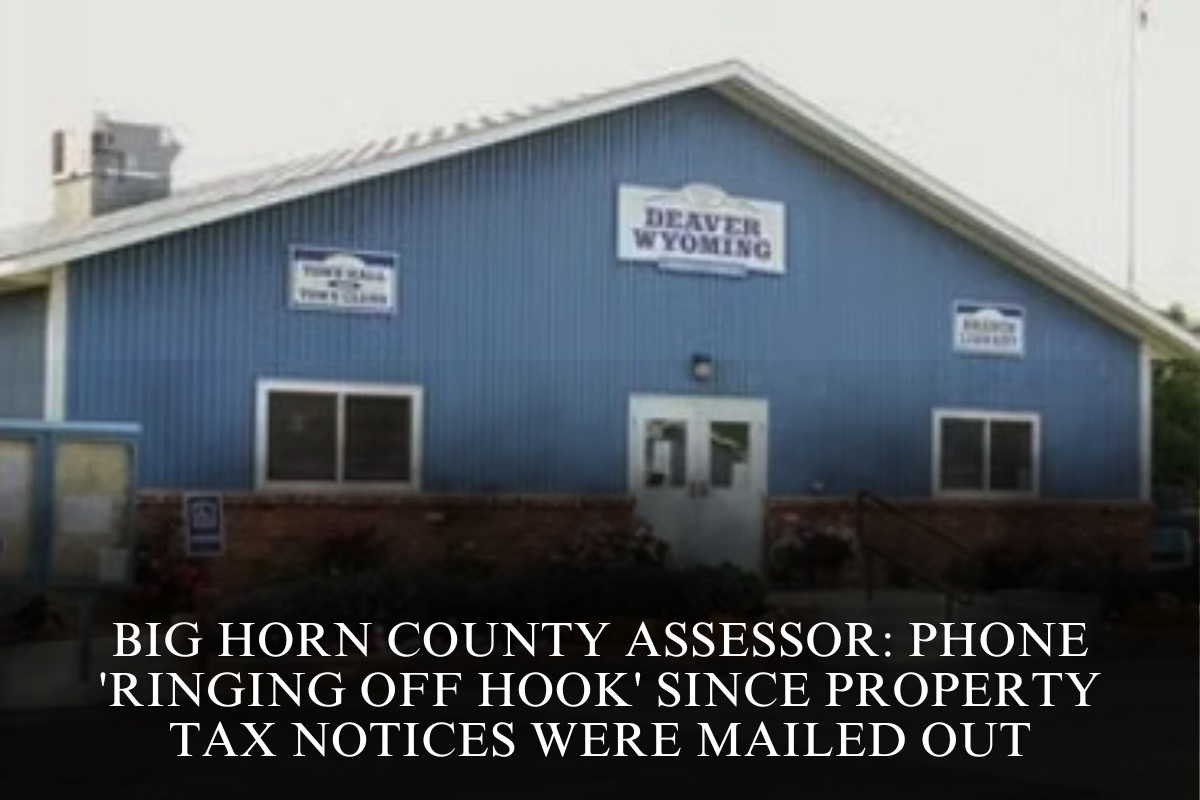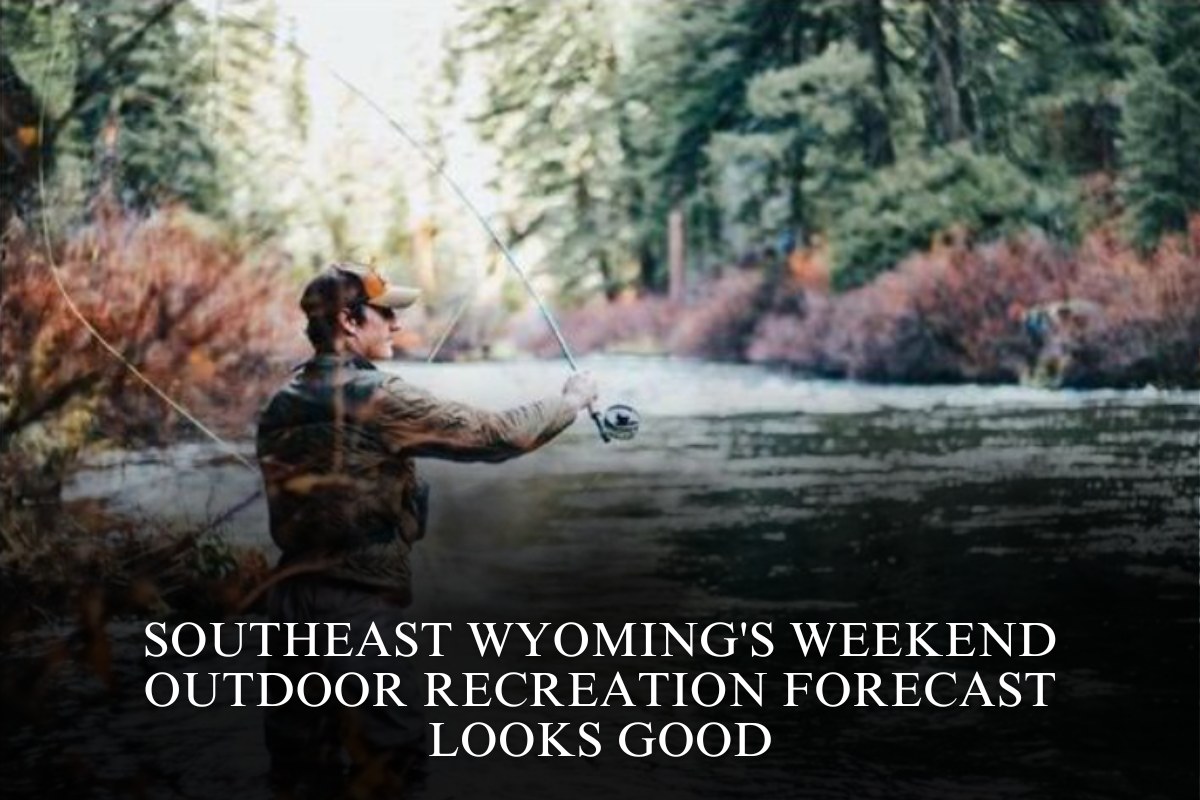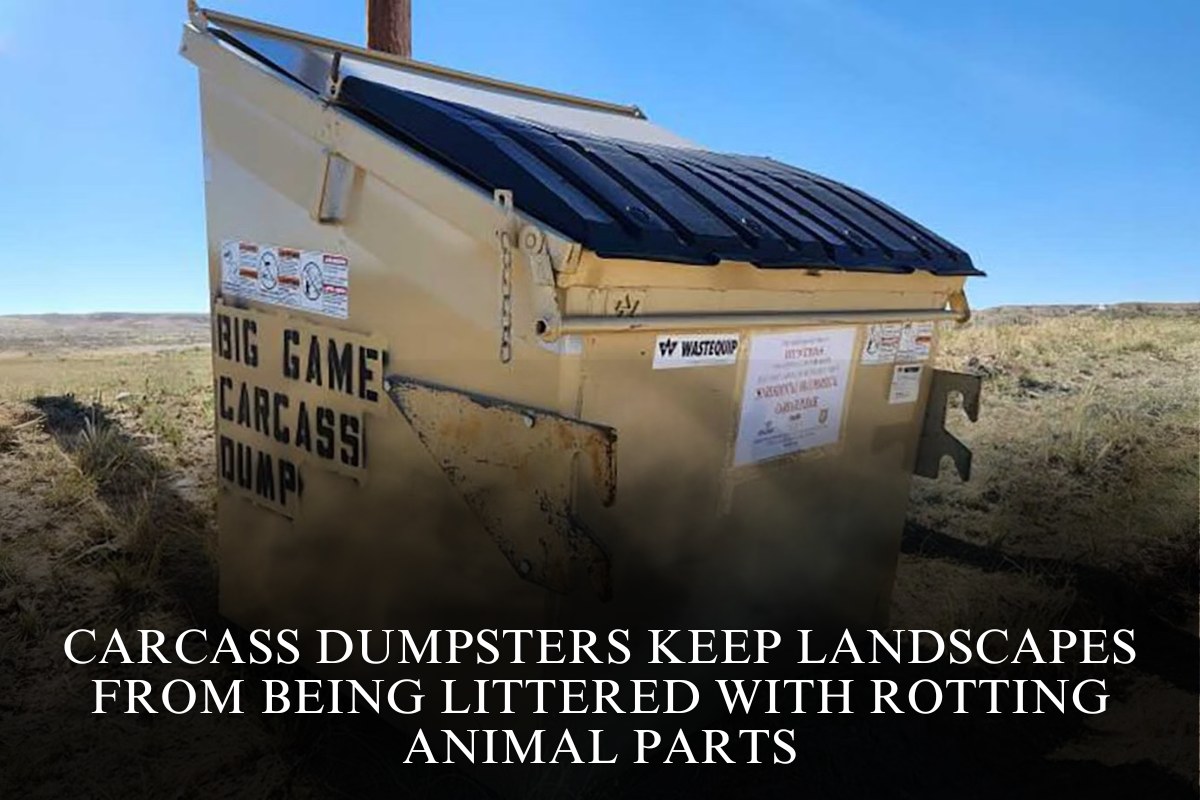CHEYENNE — Wyoming lawmakers moved Thursday to take a larger share of some gambling revenue after learning that current taxes on online sports betting are lower than in other states.
According to the Legislative Service Office, online wagering activity has totaled $629.7 million over the last five years, with the state receiving $3.8 million in tax revenue. Wyoming currently taxes online sports wagering revenue at 10%.
Each year, the Wyoming Department of Health receives the first $300,000 of that tax to distribute to counties to address problem gambling. The remainder is deposited in the state’s primary spending account, known as the general fund.
However, during the Legislature’s Select Committee on Capital Financing and Investments meeting in Cheyenne, Legislative Service Office associate fiscal analyst Karen Vaughn stated that the average tax on online sports betting in other states is 19%.
“I can tell you that none of the surrounding states are lower than 10%, or 10% or less,” claimed Vaughn.
Rep. Liz Storer, D-Jackson, successfully moved to draft a bill raising Wyoming’s online sports wagering tax to 20%. This number is a “placeholder,” Chairwoman Sen. Tara Nethercott, R-Cheyenne, stated, as legislative staff work to calculate the tax’s fiscal impact for the committee’s next meeting.
“No doubt we’ll hear from folks from the online sports wagering industry,” Nethercott told me.
Skill-based games
The committee also moved to draft a bill that would increase the net proceeds tax on skill-based amusement games to 25%.
Currently, 20% of net proceeds from skill-based amusement games are directed to local governments, cities, and the School Foundation Program, which supports public education. Since this type of gambling became legal in 2020, the SFP has received approximately $11.6 million.
The committee’s proposed additional 5% would go toward funding roads and highways.
According to Jerimiah Rieman, Executive Director of the Wyoming County Commissioners Association, there is a $500 million to a billion-dollar shortfall in Wyoming’s paved roads alone. “So to the extent that you’re going to put it to highways, yes, I would request that you also consider the other local governments that have considerable road systems in this state.”
However, Jonathan Downing, a lobbyist for Cowboy Skill Games, LLC, expressed concern that the 5% tax would burden local Wyoming businesses. Skill games are most commonly found in bars, truck stops, and charitable nonprofits.
“Just to be clear, that type of increase would be borne by those locations that are mainly serving more Wyoming small businesses,” Downing told the crowd.
Parimutuel wagering
Pari-mutuel wagering is slightly more complicated, according to Vaughn, because it is taxed based on total handle. Live horse racing is taxed at 1.5% of the total handle (amount wagered), which is paid directly to the Wyoming Gaming Commission.
Historic horse racing machines are also taxed at 1.5% of total handle, with 1% going to local governments, 0.25% to the Wyoming Gaming Commission, and 0.25% to the state’s savings account, formally known as the Legislative Stabilization Reserve Account.
Rep. Bob Nicholas, R-Cheyenne, successfully moved to levy an additional 1% tax on HHR machines, “because that’s where the dollars are,” with the proceeds going toward highway funding. Sen. Mike Gierau (D-Jackson) proposed a friendly amendment to apply this tax to all simulcast operations.
Nicholas estimated that the 1% tax would raise an additional $50 million for the state.
Traci Lacock, general counsel for Wyoming Downs and 307 Horse Racing, objected to the tax hike. She informed the committee that the effective tax rate for her industry is actually 1.9%.
“There is a 1.5% tax that you were given the breakdown for,” Lacock informed the crowd. “In addition, we must pay 0.4% to the Breeders Fund.” So your motion would effectively increase it by 2.9%.
In 2024, three operators contributed $5.4 million to the state general fund and $5.3 million to the LSRA. Counties received just over $11 million, while cities received just over $10.1 million.
She also stated that total handle is frequently misconstrued as total revenue. For example, if someone bets $1, wins $3, and then plays that $3, the total handle is $4. 90 cents of each dollar goes back into the pool. Taxes take 1.9 cents from the dollar, while operators keep 7.2 cents.
Lacock explained that the 7.2% is used to pay property taxes, leases, employee wages, and other expenses.
“When you take our effective tax rate and you turn it into gross, we are being taxed at about 25 to 30% of our gross,” she told me. “Think about Wyoming businesses, Wyoming employees, and the taxes we already pay. So I’d like to ask that you consider that when considering a tax increase.












